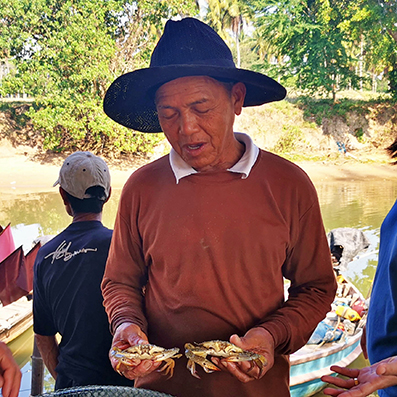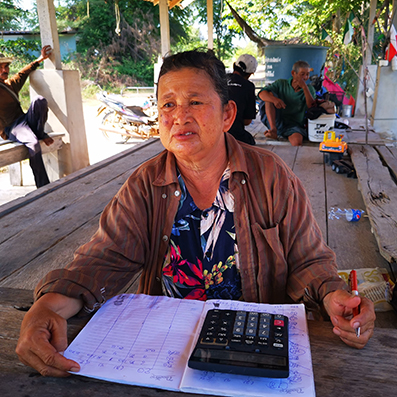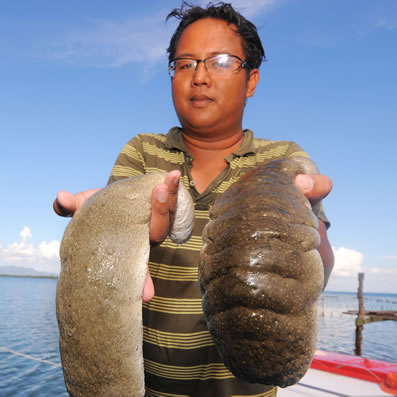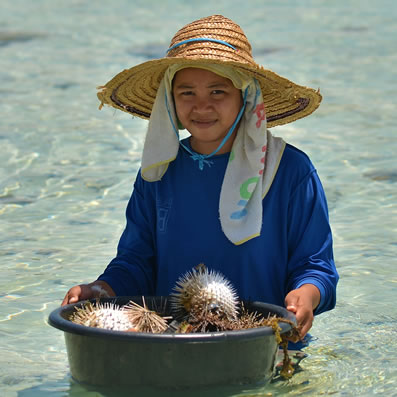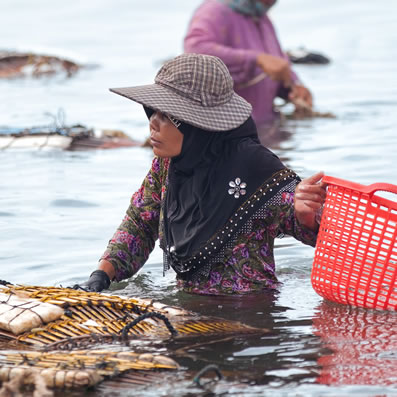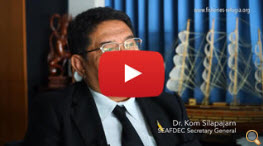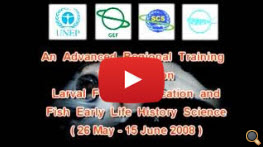THE SOUTH CHINA SEA FISHERIES REFUGIA INITIATIVE
FISHERIES REFUGIA PROJECT SITES
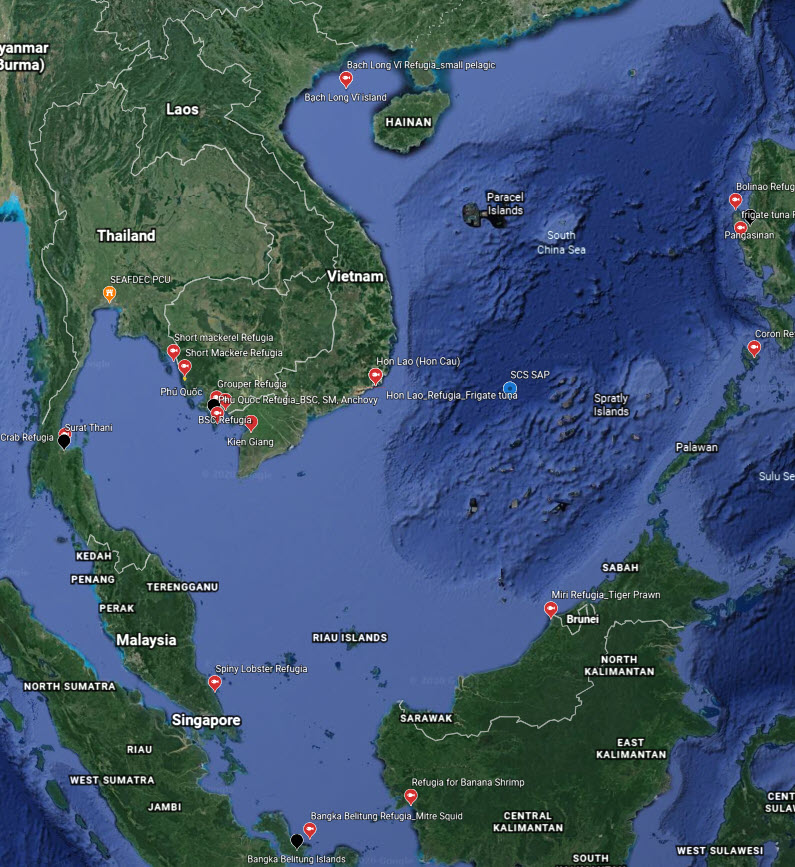 Click Here for
Click Here for More
Information
SCS SAP PRIORITY SITES (Habitat Linkages)
 All SCS SAP and
All SCS SAP and Fisheries Refugia
Priority Sites CHINA HABITAT
SITES CAMBODIA HABITAT
SITES INDONESIA HABITAT
SITES PHILIPPINES HABITAT
SITES THAILAND HABITAT
SITES VIET NAM HABITAT
SITES
Meet our Stakeholders
Social Media
Social Media
MANAGING THE SHORT MACKEREL FISHERIES IN A TRANSBOUNDARY SETTING
GEF-UNEP/SEAFDEC Fisheries Refugia Project
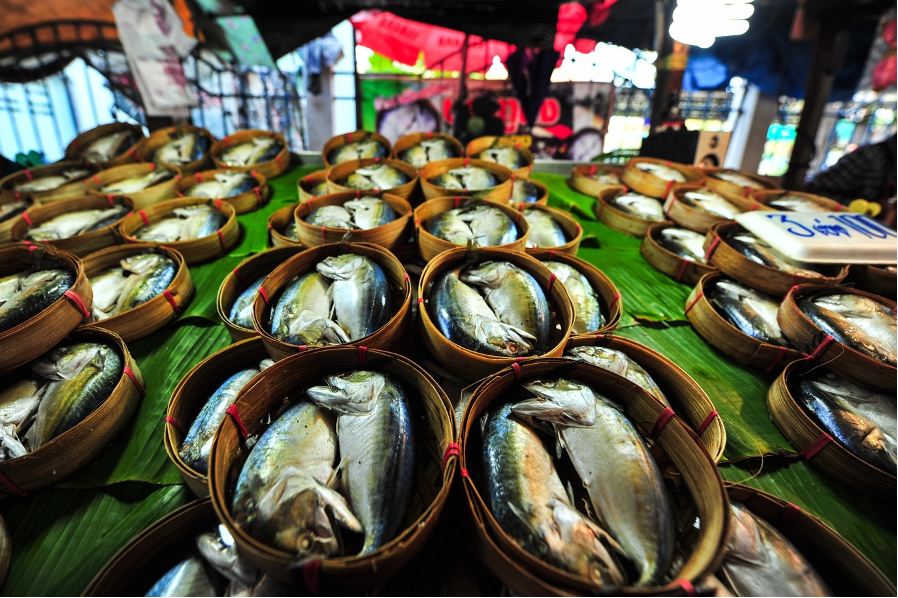
Streamed short-mackerel, famous Traditional recipes in Thailand and Cambodia
The short mackerel (Rastrelliger brachysoma), also known as Indo-Pacific Mackerel, is among the most economically important small pelagic fishes, contributing to approximately 38% of the Southeast Asian Region’s total small pelagic fisheries production or 11% of total capture fisheries production in 2010. The decline in landing catch of the short mackerel in the South China Sea and the Gulf of Thailand Large Marine Ecosystem (LME) zooms into a crucial issue.
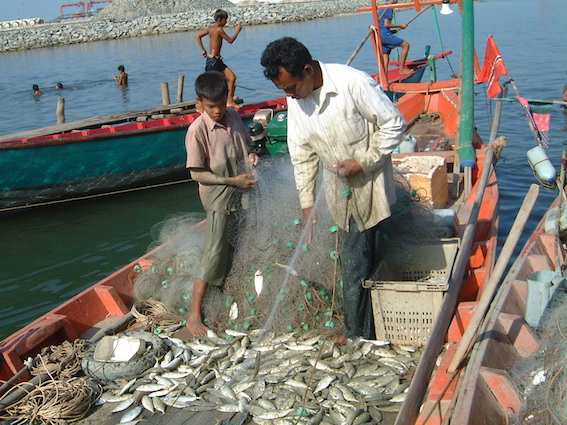
Gillnet mackerel operated in the coastal areas of Cambodia (@SIRIRAKSOPHON)
Decreasing sardine numbers from overfishing have resulted in an increase in canned mackerel as a replacement product. This has put pressure on short mackerel stocks, which are exacerbated by failures in fisheries management efforts such as open-access fisheries, inadequate input/output control, and loss of habitat for recruitment.
The stock status of short mackerel in 1996 was 328,955 metric tonnes (MT), the highest peak in the recorded catch rates. Subsequently, in 1999, 2005, and 2010 a low catch yield of 289,285 MT, 283,984 MT, and 259,354.56 MT, respectively, were reported. Since then, the catch rates of 1996 have not been recorded (SEAFDEC, 2018), indicating a steady decline. Overfishing of this particular species does not only damage their population but can have a greater effect further up the food chain in a marine ecosystem. This situation has drawn significant concern in the region and requires an effective management response.
Considering effective management is critical to maintaining a sustainable level. There is growing evidence that stocks are consistently above target levels or rebuilding for fisheries when properly managed. However, the world's successes or regions have not been sufficient to reverse the global trend of overfished stocks. UN/FAO proved that 93.80% of world fish stocks are maximally sustainably fished or overfished in 2017. In contrast, the proportion of underfished stocks decreased continuously from 39.2% in 1974 to 6.2 % in 2017 (FAO/SOFIA 2018).
How can we avoid the collapse of a resource that remains an essential part of food security and vital to people's communities and livelihoods across the world or Region?
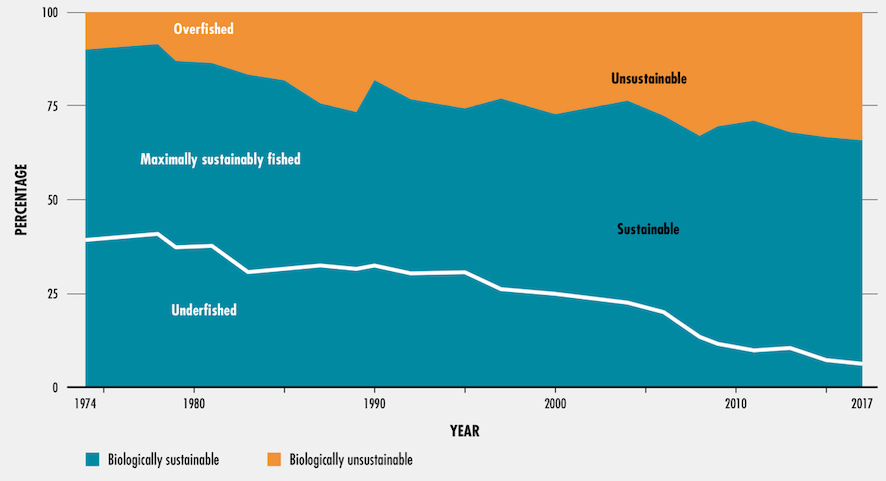
Globally, various reports indicate the need for effective management to maintain a sustainable level of fish stocks (FAO SOFIA 2020).
Preventing the collapse of a resource that remains an essential part of food security and is vital to communities and livelihoods across the Southeast Asian region
To support the restoration of fisheries resources and improve the habitat linkage, six countries of the South China Sea and the Gulf of Thailand LME have been working together since 2017 in the project “Establishment and Operation of a Regional Fisheries Refugia in the South China Sea and the Gulf of Thailand” (SCS Fisheries Refugia) financed by the Global Environment Facility, implemented by the United Nations Environment Programme and executed by Southeast Asia Fisheries Development Center (SEAFDEC).
Aiming towards an ecosystem-based approach to managing the transboundary fish stock in the Gulf of Thailand LME and the South China Sea, the project promotes the sustainable fisheries of short mackerel by safeguarding brood-stocks and early life history stages of the short mackerel in the region. The practical approach to the sustainable utilization of fisheries resources is to integrate scientific knowledge and local information and layer these with the baseline information and climate change impacts that affect the short mackerel resources.
To manage short mackerel stock in the Gulf of Thailand, three countries, namely Thailand, Cambodia, and Viet Nam, are working jointly to implement a regional system of short mackerel fisheries Refugia. This will help address the need to share data on local stock assessment and transboundary management mechanisms, among others. In Cambodia, the Ministry of Agriculture, Forestry, and Fisheries (MAFF) adopted the Proclamation of the Establishment of Management Area of Short Mackerel Fisheries Refugia in 2019, which covers a total area of 1,283ha in Peam Krasob commune and Koh Kapi commune in Koh Kong province. In Thailand, the proposed management area for short mackerel fisheries Refugia is in the final process of stakeholder consultation. The Department of Fisheries of Thailand proposed establishing a fisheries Refugia site covering 140,000ha in the Trat Province. Concurrently, Viet Nam is holding stakeholder consultations as part of its baseline survey.
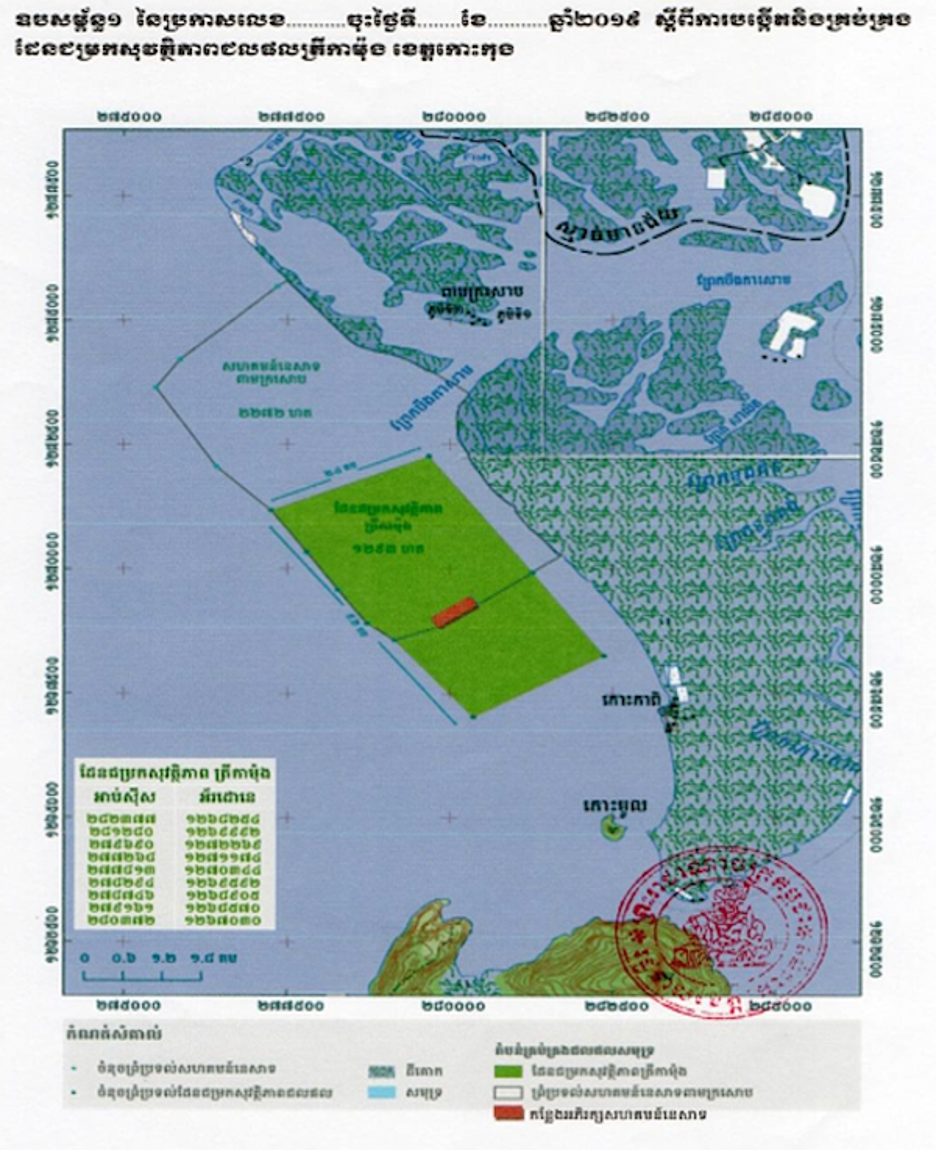
Endorsed Management Area of Short Mackerel Fisheries Refugia in Koh Kong, Cambodia (@Vibol OUK)

Proposed Management Area for Short Mackerel Fisheries Refugia in Trat Province, Thailand (@Praulai NOOTMORN).
Regional actions for the management of transboundary fish stocks
Short mackerel stocks are shared among countries in the South China Sea and the Gulf of Thailand LME, stressing the need for the surrounding countries to manage these stocks as one. SEAFDEC facilitates and helps strengthen the cooperative efforts among countries towards the sustainable use of marine resources, including the short mackerel, which is proven to be a vital transboundary resource in the region.
SEAFDEC Member Countries, specifically Brunei Darussalam, Cambodia, Indonesia, Malaysia, Philippines, Singapore, Thailand, and Viet Nam, agreed to manage short mackerel sustainably. These countries adopted the Regional Action Plan for Management of Transboundary Species: Short Mackerel in the Gulf of Thailand LME (RAP-Short Mackerel) in May 2020. SEAFDEC, as project executing agency of the SCS Refugia project, is working to promote the RAP-Short Mackerel under the ASEAN policy framework to enable it to share lessons learned and RAP-Short Mackerel with the other ASEAN Member States.

Experts from 6 ASEAN Member States and SEAFDEC senior staff joined drafting the Regional Action Plan for Managing Short Mackerel Fisheries in September 2019 (©SEAFDEC)
“RAP-short mackerel would be beneficial to the ASEAN Member States, especially for Thailand, as this comprises the most appropriate tool that takes into account the legal frameworks, social and environmental aspects in the management of transboundary species in the Gulf of Thailand,“ cited Mr. Meesak Pakdeekong, SEAFDEC Council Director for Thailand and Director-General, Department of Fisheries of the country, at the 52nd Meeting of the SEAFDEC Council on 19 May 2020.
RAP-Short Mackerel is a non-legal binding document meant to serve as a basis for identifying practices and processes that support the implementation of the relevant ASEAN-SEAFDEC Resolution and Plan of Action, in particular ‘to sustain the supply of fish and fishery products from the ASEAN region to improve food security, facilitate poverty alleviation, and improve the livelihoods of ASEAN.’ RAP-Short Mackerel marks an evolutionary step towards a concerted regional approach to support countries’ efforts to manage this transboundary short mackerel fish stock in the Gulf of Thailand LME and the South China Sea.
For more information on the Fisheries Refugia in the South China Sea and Gulf of Thailand Project, please contact the Project Manager,Somboon Siriraksophon (somboon@seafdec.org) or visit our website as well as the project page on iwlearn.net.
<><><><><><><><><><><><><><><><><><><><><>
